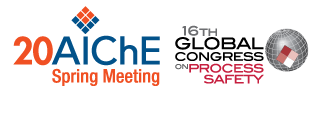

In DFT, using the software VASP, we have studied bi-metallic systems and their potential for DRM. By experimental validation, we have proved that in the right proportion, Cu-Ni systems are quite active and coke resistant in DRM atmosphere. Apart from bi-metallic systems, we have also investigated the effect of over-coating commercial Ni catalysts with alumina deposited by Atomic Layer Deposition (ALD). By in-situ chemisorption studies, we found that the ALD catalysts are more coke resistant and sinter-resistant than uncoated catalysts in DRM atmosphere for 40 h time-on-stream. The reaction was carried out at 650 C at atmospheric pressure.
In the reactor design area, we have investigated different reactor sequence designs. One of these is the CARGEN reactor. It consists of a two-reactor setup where the first reactor produces high quality carbon whereas the second reactor produces syngas. If a coke free operation is desired, we propose a DRM+COSORB process combination which results in a high H2/CO ratio syngas stream and a pure CO stream than can be used for production of other chemicals. From preliminary techno-economic assessments, we found that both these processes are cost competitive and have lesser carbon footprint than commercial processes. Both of these processes have now been granted patents. The talk will give highlights of these focus areas and show the benefits of the multi-scale approach followed in this project.
